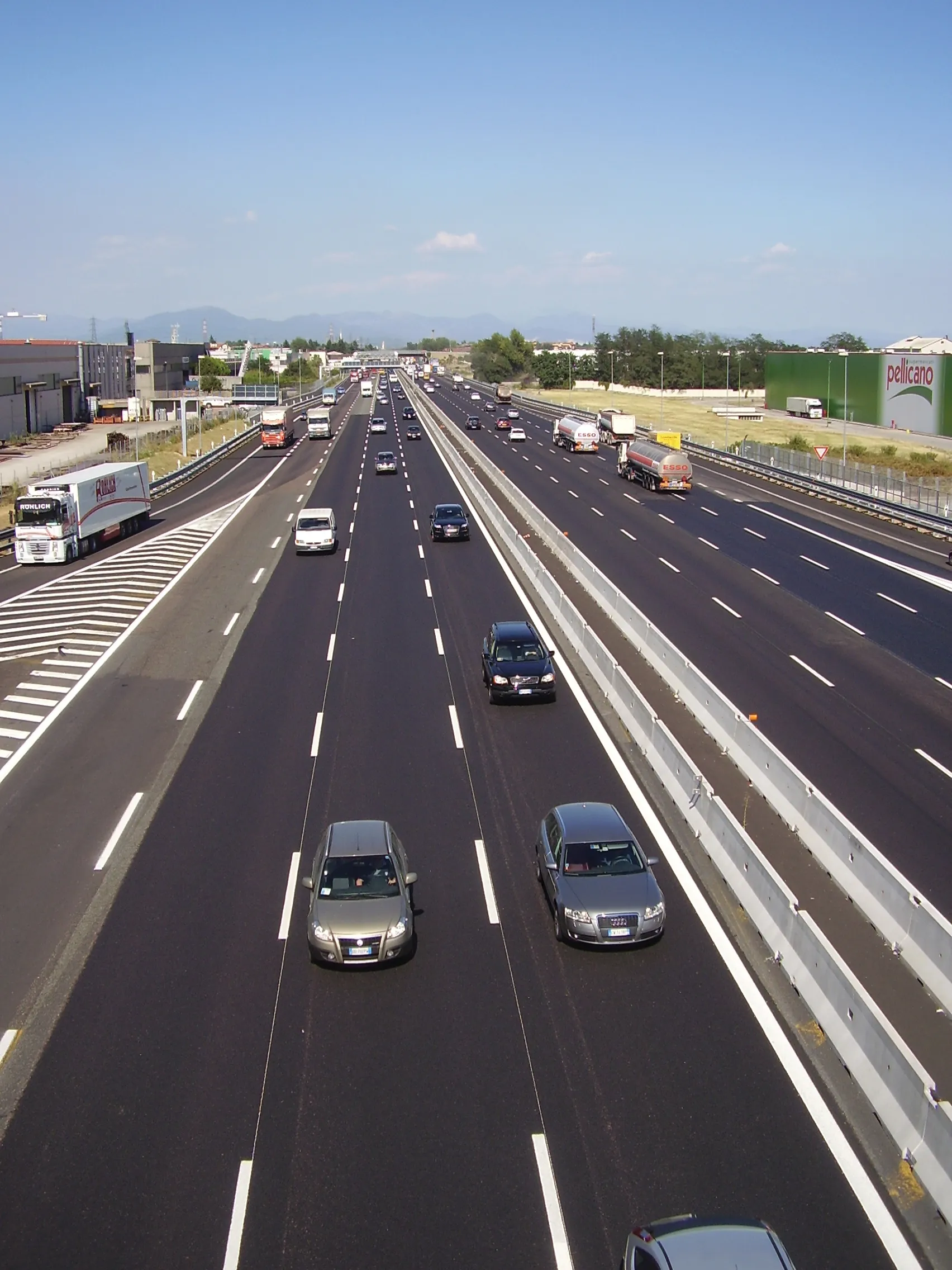Plans to introduce the Cross-Border Enforcement Directive in Europe now look set to move ahead, despite news of the UK decision to delay its opting into the scheme.
February 21, 2012
Read time: 2 mins
Plans to introduce the Cross-Border Enforcement Directive in Europe now look set to move ahead, despite news of the UK decision to delay its opting into the scheme.
The1197 European Transport Safety Council (ETSC) is urging EU Transport ministers and MEPs to adopt the Directive.
Antonio Avenoso, executive director of the ETSC said: “The situation is less than ideal, but the Council and European Parliament must carefully weigh up the EU-wide road safety benefits of the Directive and adopt this legislation, thus addressing a long-standing problem of enforcing traffic laws on non-residents.”
ETSC strongly believes the time to act is now: across the EU foreign drivers make up only 5% of traffic but 15% of speeding offences.
The decision of the UK to delay its opt-in implies that UK citizens will be exempt from this important new road safety law. Fellow Europeans may also be affected by the failure of the UK citizens to comply with traffic regulations when travelling abroad. Ireland also has to formally opt-in to be covered by the new Directive and ETSC is looking forward to a positive decision coming from the new government in Dublin.
The main objective of the new Directive is to introduce a system of exchanging information to enable the follow up of road safety related traffic offences committed by non-resident drivers. The swift adoption of the Directive would introduce equal treatment of foreign and resident drivers and most importantly, save lives on Europe’s roads.
The
Antonio Avenoso, executive director of the ETSC said: “The situation is less than ideal, but the Council and European Parliament must carefully weigh up the EU-wide road safety benefits of the Directive and adopt this legislation, thus addressing a long-standing problem of enforcing traffic laws on non-residents.”
ETSC strongly believes the time to act is now: across the EU foreign drivers make up only 5% of traffic but 15% of speeding offences.
The decision of the UK to delay its opt-in implies that UK citizens will be exempt from this important new road safety law. Fellow Europeans may also be affected by the failure of the UK citizens to comply with traffic regulations when travelling abroad. Ireland also has to formally opt-in to be covered by the new Directive and ETSC is looking forward to a positive decision coming from the new government in Dublin.
The main objective of the new Directive is to introduce a system of exchanging information to enable the follow up of road safety related traffic offences committed by non-resident drivers. The swift adoption of the Directive would introduce equal treatment of foreign and resident drivers and most importantly, save lives on Europe’s roads.








